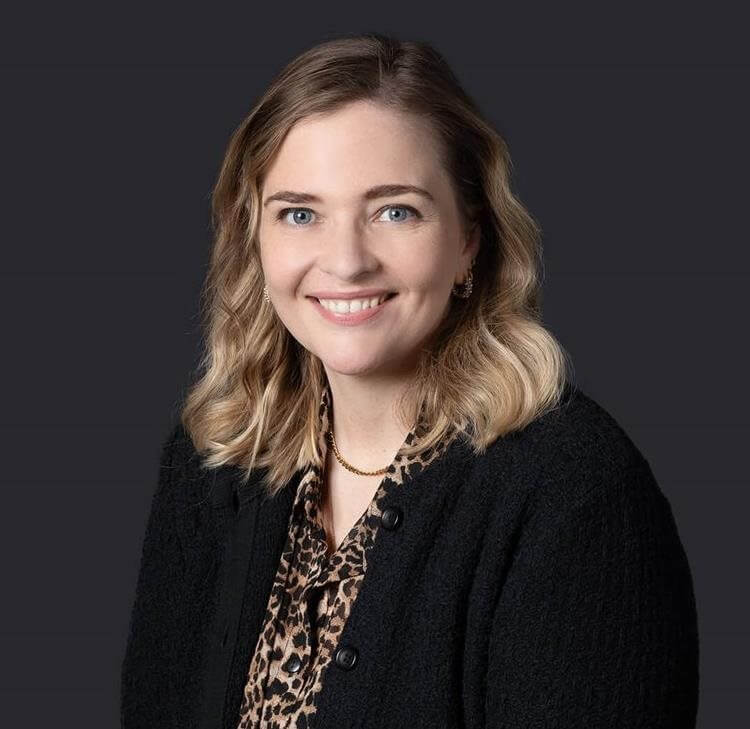Browne Jacobson’s government lawyers have successfully defended Barnsley Metropolitan Borough Council (Barnsley MBC) after an appeal in the High Court of a vicarious liability claim was dismissed.
The judgment was recently handed down by Mrs Justice Lambert DBE in the long running case DJ (Claimant) v Barnsley MBC (Defendant), which concerned the provision of ‘connected-person foster care’ before the implementation of the Children Act 1989.
The Court found that the Claimant was placed in voluntary care with his uncle and aunt (Mr and Mrs G) at the age of 9 in January 1980. The G family later applied and were approved as what the council labelled “ de facto” foster parents. He remained in the care of the family until his late teens. As an adult, the Claimant alleged that he was sexually assaulted by his uncle Mr G, allegations which were continuously denied.
The Court ordered there be a trial of the preliminary issue of whether the Council was vicariously liable for the alleged abuse of the Claimant by the uncle, Mr G. In this case, the issue before the Court was whether relatives of the Claimant did or did not stand in a similar relationship as ordinary foster carers. The Defendant argued that the relationship between the uncle and aunt and the local authority was similar to that of parents, and so the Council could not be vicariously liable for their alleged actions.
The Judge on Appeal accepted the finding that the uncle was not carrying out an activity, in fostering his nephew, on behalf of the Council (the Defendant) and was satisfied that certain features which would typically be visible in a relationship between ordinary foster carers and a local authority were not present. The court concluded that the G family were not recruited for the role of foster carers or selected by the local authority, pointing out that they came forward to take on the role of caring for their nephew when his family broke up. It was also evident in the case that the uncle and aunt were not trained for the role of foster carers and so they were not in need of information concerning their nephew’s background or particular training to care for him from the local authority.
The judge was persuaded that there was a definitive line between the activity of the uncle and activity of the Council because all of the evidence suggested that the G family’s purpose was to raise the Claimant as part of their family and in the interests of the family, rather than to benefit the local authority. For these reasons the appeal was dismissed.
Browne Jacobson partner Sarah Erwin Jones who advised the local authority commented on the decision: “We were privileged to be instructed on this sensitive case concerning the provision of connected‑person foster care before the implementation of the Children Act 1989.
“This judgment overall, is a helpful one as we know that historically nationwide, the proportion of children in friends and family or connected‑person foster care arrangements has sat consistently between 15% and 20% of all those fostered. However, what is evident is that the decision‑making of the judge was very much based on specific facts of this case as set out in the available evidence. Good record keeping that shows how decisions were arrived at and captures all communications with carers remains key.
“With so much focus on the role of the extended family, as proposed in the Government's latest proposals Children's social care: stable homes, built on love, local authorities will be reassured that this case suggests the courts will be reluctant to impose liability on councils for deliberate assaults by family members providing fostering and analogous care.”








































